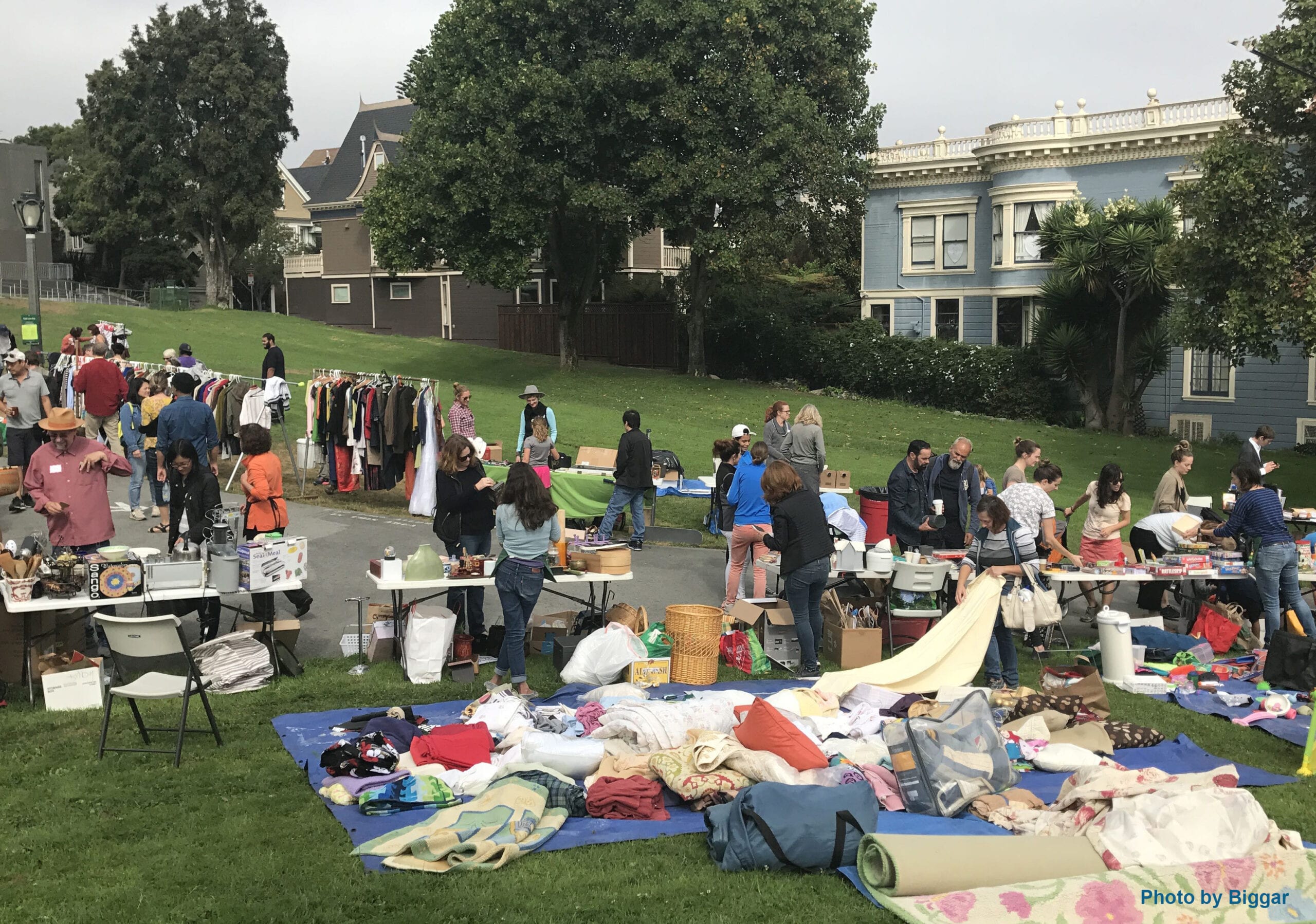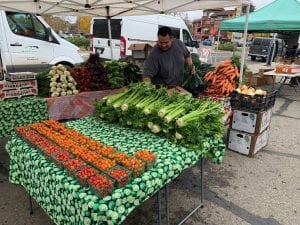
Mar 13, 2020 The Case for Living Connected to Place in 2020
Posted at 05:55h
I remember seeing a quote some years ago that distilled the problems we face as a human society down to one fundamental reason – viewing other people and other species as less than ourselves.
I’ve continued to think about this as the harm we cause our fellow humans and nature escalate. These views, tendencies and dispositions are deeply ingrained in our cultures and minds, often subconsciously and under the surface. Looking at the other as inferior is fueled by separation and influenced by a host of factors, including politicians who divide us. We are prone to seeing other human groups in a negative light and the non-human web of life as something we can exploit or ignore when we exist in separate places. Changing attitudes and our treatment of others and nature is unlikely when our daily experiences involve little of either.
There are many efforts underway to address climate change, growing inequality and other crises born out of our harmful treatment of nature and other groups of people. Nonprofits, government agencies, businesses and individual changemakers are working on solutions to our growing environmental and social problems. While these efforts are clearly needed, they are not sufficient. A more fundamental shift in our relationships with each other and nature is needed.
In a yoga class this past year, my teacher shared the following wisdom from Thich Nhat Hanh:
People have a hard time letting go of their suffering. Out of a fear of the unknown, they prefer suffering that is familiar….When another person makes you suffer, it is because he suffers deeply within himself, and his suffering is spilling over. He does not need punishment; he needs help. That’s the message he is sending.
It is hard to deny the human and animal suffering taking place across our country and the globe these days. Our reaction, often exacerbated by political tribalism and social division, can be to see the person who is suffering as antagonistic, ignorant, lazy, incapable or all of the above. We are susceptible to developing these biases when we experience one another through social media or are otherwise isolated from each other. We struggle to understand another’s perspective, let alone their suffering, from a distance. It is only in reaching out, listening and trying to understand one another in person can we ever hope to address suffering.
Likewise, the natural world on which our existence depends is in a deep state of suffering. Rapidly increasing climate change and biodiversity loss are just some of the most alarming signs. Developing the resolve to protect nature is hard when we are disconnected from it. As with human suffering, by finding nature in whatever state it may be in the places where we live and paying attention to it, we can begin the healing process.
Living connected to place increases daily interaction with each other, our communities and nature. This involves an intentional shift towards spending more time in our communities; walking, biking and using public transit; being stewards of local nature; growing and consuming local food; supporting local businesses and institutions; and as much as possible, living, working and recreating locally. When we travel less, support the local economy more and seek out community and local nature, we are emitting less greenhouse gas, depleting fewer natural resources and strengthening the social fabric of our communities. When we anchor our lives in a place and connect to all it has to offer, we go from being part of the problem to becoming part of the solution.
Building wisdom and intelligence is a collective endeavor. Nature teaches us this every time we pay attention to it. The complex connections among species and matter in any ecosystem embodies such insights. When biodiversity is present in an ecosystem, every species benefits due to the high degree of interconnectedness. Humans benefit when we come together, listen to one another and work towards building strong, inclusive communities anchored in diversity.

Community garden markets in California, Photo by M. Biggar
When our relationships are damaged or broken and the value we hold for others is limited, however, suffering increases and our collective intelligence is diminished. We stop hearing each other. We dismiss those not in our group. We value loyalty to our ‘political tribe’ over finding common ground, diminishing our collective intelligence and wisdom.
The same can be true for our relationship with nature. We forget our dependence on nature and do not pay attention to its decline at our own peril. At the most fundamental level, we are nature. By regularly connecting with community and nature in our daily lives, we also connect to ourselves and increase our ability to survive and thrive on this planet.
Kumu, a network analysis company invested in social change, sends out an annual Valentine’s Day poem. This year, it included the following:
Populism and hate are still on the rise.
While Twitter and Facebook spread blatant lies.
In times like these, it’s easy to lose hope.
But the only answer is to stand firm and say nope.
Nope to the bullies and burning of trees.
The world isn’t yours to do with as you please.
Stop spreading division and cutting others down.
Step away from your screen and engage around town.
Only as a community can we truly be strong.
To push back against what we all know is wrong.
While Twitter and Facebook spread blatant lies.
In times like these, it’s easy to lose hope.
But the only answer is to stand firm and say nope.
Nope to the bullies and burning of trees.
The world isn’t yours to do with as you please.
Stop spreading division and cutting others down.
Step away from your screen and engage around town.
Only as a community can we truly be strong.
To push back against what we all know is wrong.
Living connected to place can help us push back against the systems that support our current ways of life and related environmental and social damage. We stand firm by being aware of the impact of our choices and making change in our own lives to be a positive force in our communities. When we step away from our screens and engage with local community and nature, we break down divisions and create hope for a better future.
Original article appeared in Medium.
Matt Biggar received a BS from UC Berkeley and then spent over fifteen years as a teacher and education administrator in schools and school districts in California. In 2015, he received a Ph.D. from Stanford University’s Department of Education and then launched Connected to Place (strategy consulting and research) in 2016.


